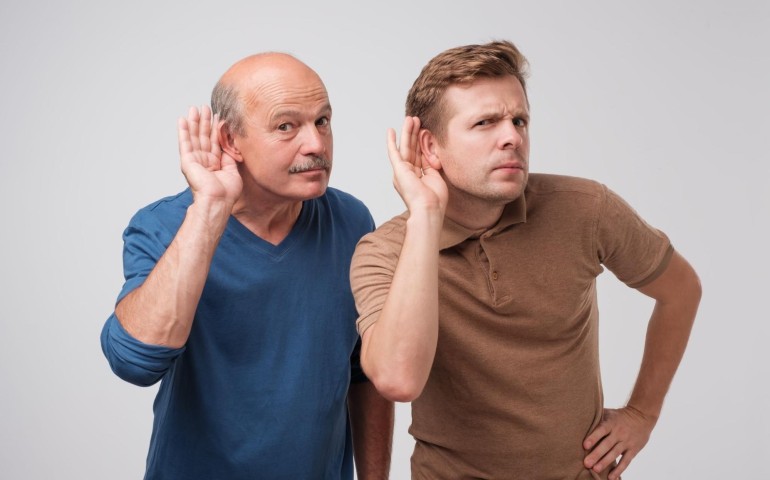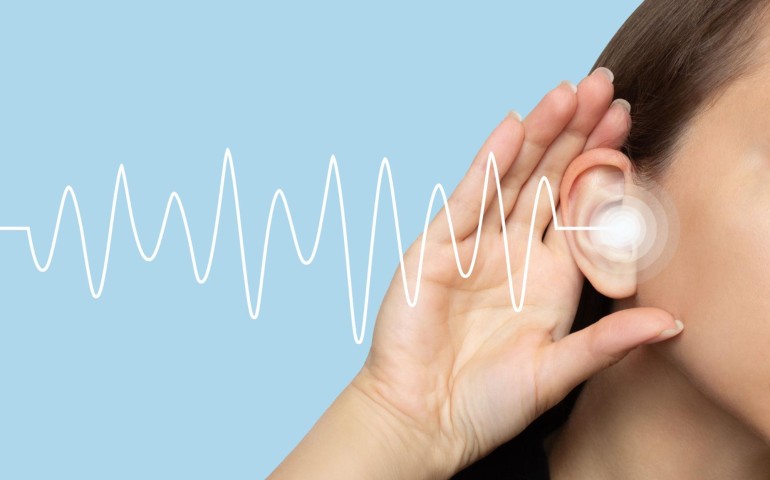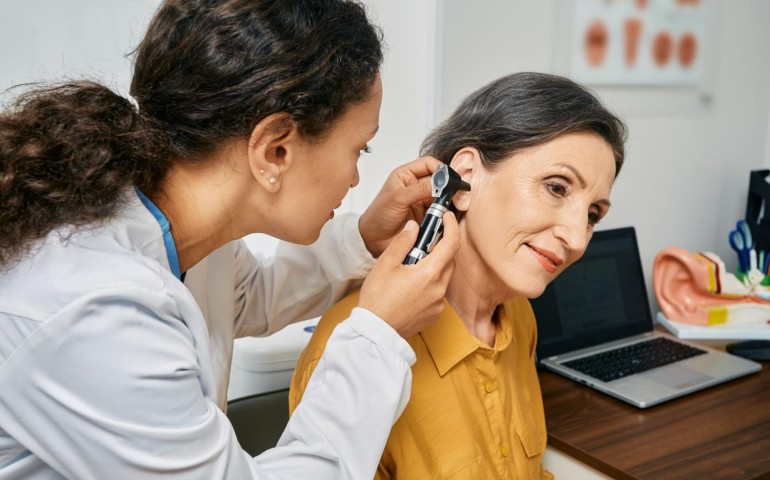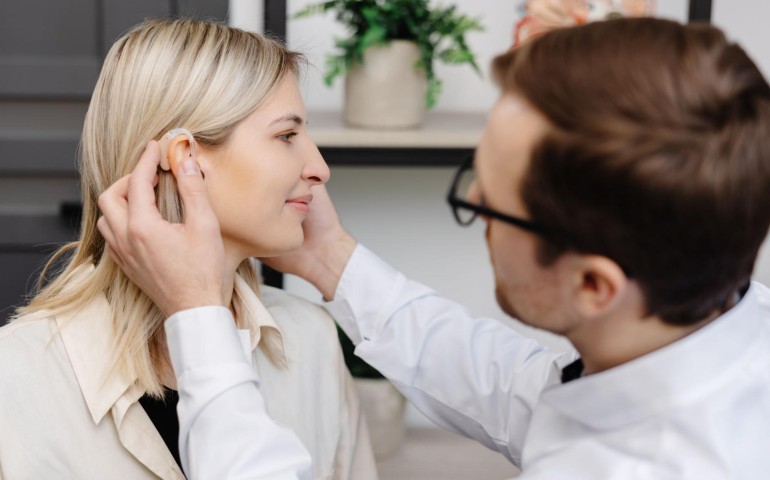Can Swimming Cause Hearing Loss?
Can Swimming Cause Hearing Loss?
Swimming is a fun summer activity. However, getting water in your ears can cause problems, including swimmer's ear and temporary hearing loss. Knowing how to protect your ears when in water is important to avoid hearing damage or infections.
Knowing how water can impact your ears is important. It can help prevent swimmers’ ear and other hearing issues, making swimming safer and more fun this summer.
How Swimming Affects Your Ears
When you go swimming, water enters the ear canal and doesn’t always drain properly. This creates a damp environment for bacteria or fungi to thrive. Which can cause your skin to become irritated, introduce an infection, or interfere with your hearing for a while.
Frequent swimming, especially in contaminated water, can cause issues with your hearing system, leading to the connection between swimming and hearing loss .
Does the Type of Water You Swim In Affect Your Ears?
Chlorinated Water
Chlorine is used in most swimming pools to kill bacteria, which can irritate the lining of your ear canal. This can make you more susceptible to swimmer’s ear, especially if water stays trapped after swimming.
Saltwater
Oceans are generally less likely to carry harmful bacteria. However, saltwater can dry out the skin in your ears and bring in small particles like sand, which can cause irritation or blockages if not rinsed out.
Freshwater
Freshwater can harbor more bacteria and fungi than other bodies of water, especially in warm or stagnant areas. Swimming in a lake or river can lead to swimmers’ ear or middle ear infections. This is especially true if you don’t clean and protect your ears after swimming.
Contaminated Water
Do not swim in places with posted safety warnings or visible contamination. These bodies of water carry a higher risk of infection and are more likely to cause irritation or long-term ear problems.
Common Ear Problems that are Linked to Swimming
Swimmers’ Ear
This is one of the most common swimming-related ear infections. Bacteria or fungi that thrive in trapped water cause swimmers’ ear, which affects the outer ear canal. Symptoms of swimmer’s ear often include pain, itchiness, and muffled hearing.
Middle Ear Infections
Water reaching your middle ear can lead to an infection in this part of the ear. This can happen if you have a perforated eardrum or eustachian tube issues. This type of infection is usually more serious than swimmer’s ear. Symptoms may include ear pain or pressure, reduced or muffled hearing, and in more advanced cases, drainage or fever.
Water Blockage
Water trapped in the ear canal can temporarily block sound, making everything seem muffled and causing temporary hearing loss. This often clears up on its own, but can be frustrating in the moment.
Can Swimming Cause Hearing Loss Long-Term?
In most cases, swimming-related hearing issues are temporary. However, if infections like swimmers’ ear are not treated, they can cause severe hearing damage, which may require more treatment or hearing aids. Don’t ignore persistent ear pain, drainage, or muffled hearing after swimming, especially if it lasts over a day or two.
How to Prevent Swimmer’s Ear and Protect Your Hearing
- Use waterproof earplugs
- Dry and clean your ears after swimming
- Avoid using cotton swabs
- Rinse your ears with clean water
- Schedule regular hearing evaluations
Protect Your Hearing with Beltone Skoric
Enjoy your time in the pool without worrying about ear damage. Now that you know how swimming can affect your hearing, you can take steps to protect your ears.
If you think you might have some water-induced hearing damage, schedule a hearing evaluation at any of Beltone Skoric’s hearing care centers in Michigan .






